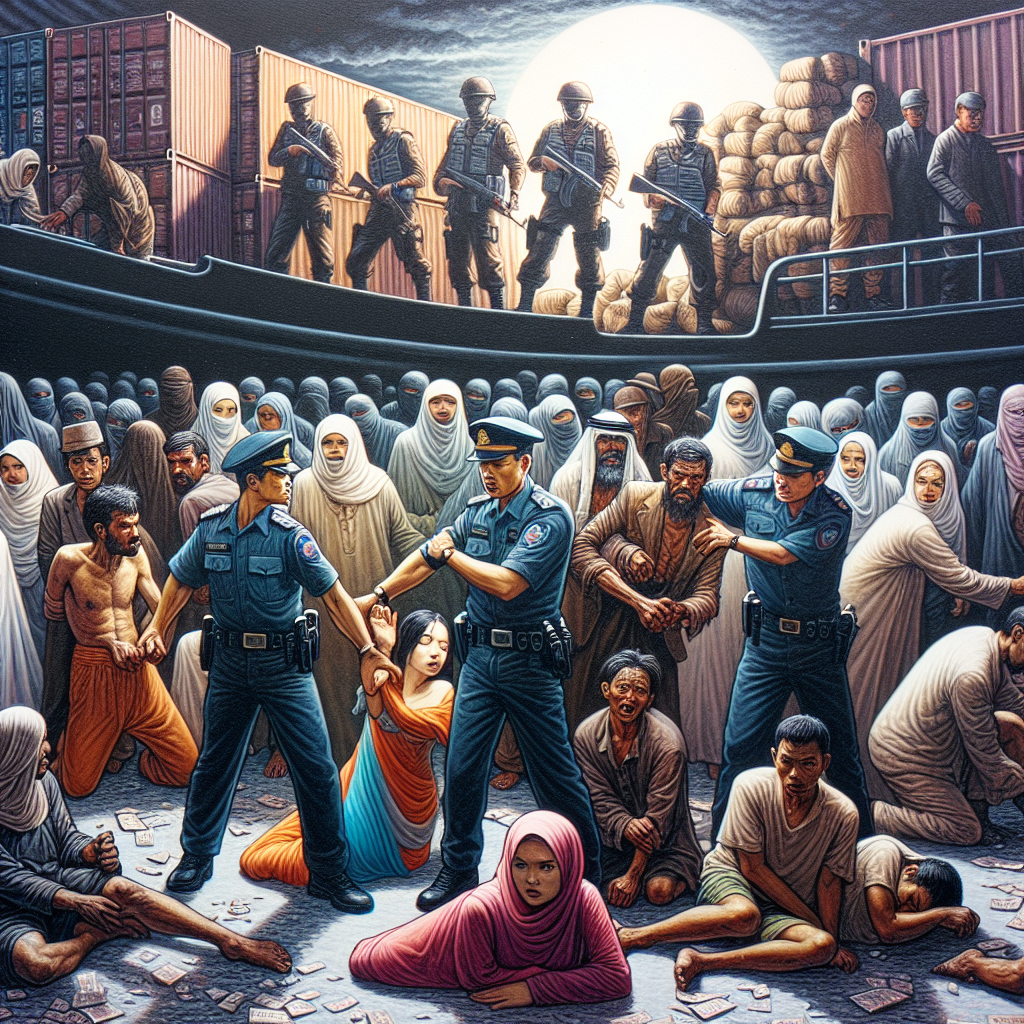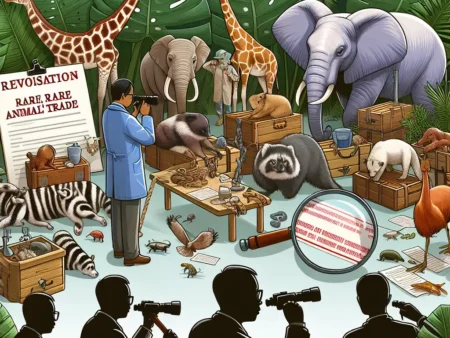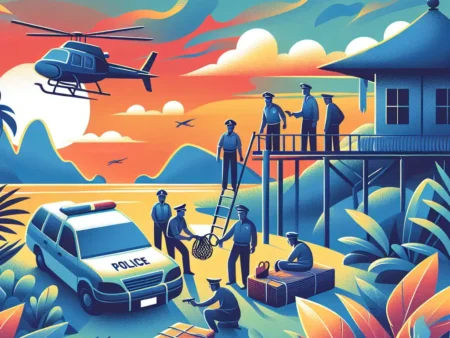Deskripsi meta: Kasus penyelundupan manusia terbaru di Asia, mengungkap kejahatan perdagangan manusia yang mengancam kehidupan ribuan orang.
Perdagangan Manusia: Kasus Penyelundupan Orang Terbaru di Asia
-
Table of Contents
- Introduction
- The Scope of Human Trafficking in Asia
- 1.1 The Definition of Human Trafficking
- 1.2 Asia as a Hub for Human Trafficking
- Recent Cases of Human Smuggling in Indonesia
- 2.1 The Rohingya Crisis
- 2.2 Labor Trafficking in the Fishing Industry
- The Root Causes of Human Trafficking in Indonesia
- 3.1 Poverty and Lack of Economic Opportunities
- 3.2 Corruption and Weak Law Enforcement
- The Consequences of Human Trafficking
- 4.1 Human Rights Violations
- 4.2 Socioeconomic Impact
- Combating Human Trafficking in Indonesia
- 5.1 Strengthening Legislation and Law Enforcement
- 5.2 Enhancing International Cooperation
- Summary
Introduction

Human trafficking is a grave issue that continues to plague societies around the world, including in Asia. Indonesia, being one of the largest countries in Southeast Asia, has unfortunately become a hotspot for human trafficking activities. This article aims to shed light on the latest cases of human smuggling in Asia, specifically in Indonesia, and explore the underlying causes, consequences, and potential solutions to this pressing problem.
The Scope of Human Trafficking in Asia
1.1 The Definition of Human Trafficking
Before delving into the specific cases in Indonesia, it is crucial to understand what human trafficking entails. According to the United Nations Office on Drugs and Crime (UNODC), human trafficking involves the recruitment, transportation, transfer, harboring, or receipt of persons by means of threat, use of force, or other forms of coercion for the purpose of exploitation. Exploitation can take various forms, including forced labor, sexual exploitation, and organ trafficking.
1.2 Asia as a Hub for Human Trafficking
Asia has emerged as a major hub for human trafficking due to several factors. Firstly, the region’s economic disparities create a fertile ground for traffickers to exploit vulnerable individuals seeking better opportunities. Poverty, lack of education, and unemployment make people more susceptible to trafficking schemes. Additionally, Asia’s porous borders and extensive networks facilitate the movement of traffickers and their victims across countries.
Recent Cases of Human Smuggling in Indonesia
2.1 The Rohingya Crisis
One of the most prominent cases of human smuggling in recent years is the Rohingya crisis. The Rohingya, a Muslim minority group from Myanmar, have faced persecution and violence, leading to a mass exodus from their homeland. Many Rohingya refugees have fallen victim to human traffickers who promise them safe passage to countries like Malaysia and Indonesia. These traffickers exploit their desperation, subjecting them to horrendous conditions during the journey and often holding them captive upon arrival.
2.2 Labor Trafficking in the Fishing Industry
Indonesia’s fishing industry has also been marred by cases of human trafficking. Many fishermen, both local and foreign, are subjected to forced labor, long working hours, physical abuse, and withheld wages. Traffickers prey on vulnerable individuals, often from impoverished regions, promising them lucrative jobs in the fishing sector. Once trapped, these victims find themselves in a cycle of exploitation, unable to escape due to threats and debt bondage.
The Root Causes of Human Trafficking in Indonesia
3.1 Poverty and Lack of Economic Opportunities
Poverty and lack of economic opportunities are significant drivers of human trafficking in Indonesia. Many victims come from impoverished backgrounds, making them more susceptible to false promises of better lives and job opportunities. Desperation pushes them into the hands of traffickers who exploit their vulnerability.
3.2 Corruption and Weak Law Enforcement
Corruption and weak law enforcement exacerbate the issue of human trafficking in Indonesia. Traffickers often bribe officials to turn a blind eye to their activities, allowing them to operate with impunity. This lack of accountability enables trafficking networks to thrive and makes it challenging to dismantle them effectively.
The Consequences of Human Trafficking
4.1 Human Rights Violations
Human trafficking is a severe violation of human rights. Victims are subjected to physical and psychological abuse, forced labor, sexual exploitation, and other forms of degrading treatment. Their basic rights to freedom, dignity, and safety are stripped away, leaving long-lasting scars on their lives.
4.2 Socioeconomic Impact
Human trafficking also has significant socioeconomic consequences. It perpetuates cycles of poverty and inequality by exploiting vulnerable individuals who are often unable to escape their circumstances. Additionally, the presence of trafficking networks tarnishes a country’s reputation, hindering foreign investments and economic growth.
Combating Human Trafficking in Indonesia
5.1 Strengthening Legislation and Law Enforcement
To effectively combat human trafficking, Indonesia must strengthen its legislation and law enforcement efforts. Stricter penalties for traffickers, improved coordination between relevant agencies, and increased training for law enforcement officials are essential steps towards dismantling trafficking networks.
5.2 Enhancing International Cooperation
Given the transnational nature of human trafficking, international cooperation is crucial. Indonesia should collaborate with neighboring countries, international organizations, and NGOs to share intelligence, resources, and best practices. Joint efforts can help disrupt trafficking routes and rescue victims.
Summary
Human trafficking remains a grave concern in Asia, particularly in Indonesia. The Rohingya crisis and labor trafficking in the fishing industry are just two examples of the widespread exploitation that occurs. Poverty, corruption, and weak law enforcement contribute to the prevalence of human trafficking in the country. The consequences are severe, violating human rights and perpetuating socioeconomic inequalities. However, by strengthening legislation, enhancing law enforcement efforts, and fostering international cooperation, Indonesia can take significant strides towards eradicating human trafficking and protecting its most vulnerable populations.
Komentar Terbaru







